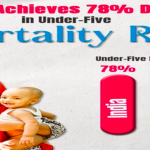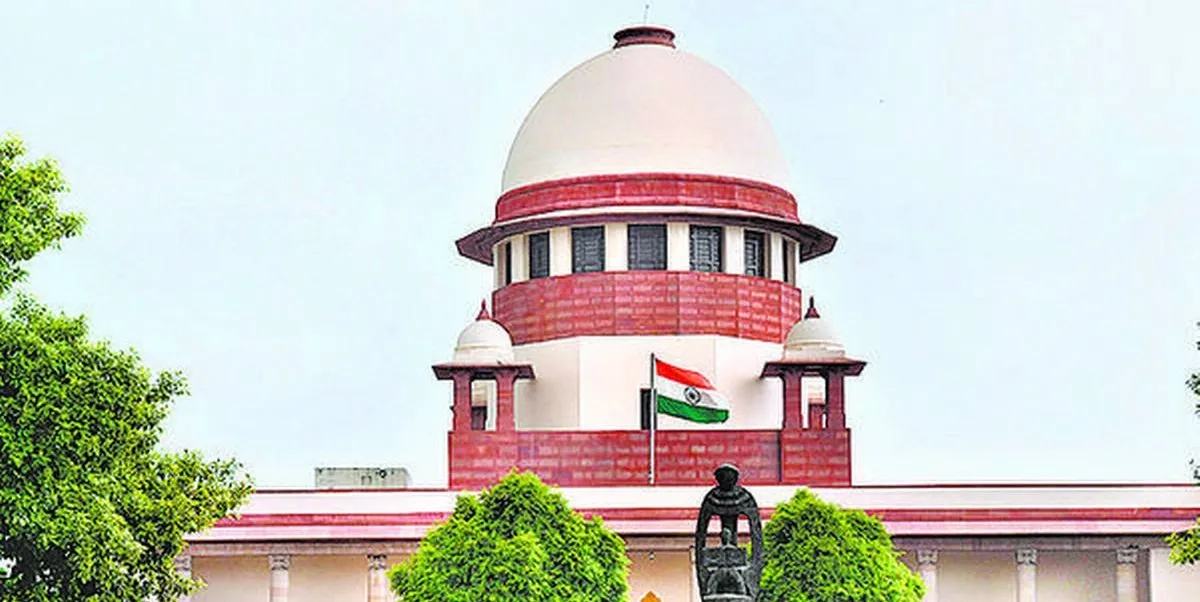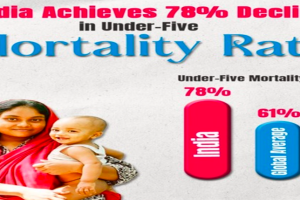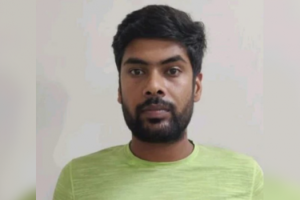The Bilkis Bano case is a horrific case of gangrape and mass murder that took place during the 2002 Gujarat riots in India. Bilkis Bano, a 21-year-old pregnant woman at the time, was brutally raped and her family members were killed by a Hindu mob during the violence that erupted after the Godhra train burning incident.
Bilkis Bano survived the ordeal and pursued justice for 15 years. She lodged a complaint against the assailants, who were part of the mob, and also against the police and doctors who falsified the evidence and tried to conceal the crime.
In 2008, a trial court found 11 men guilty of rape and murder, and 12 others guilty of tampering with evidence. However, the court let off seven accused, including five policemen and two doctors, for lack of evidence. Bilkis Bano challenged the verdict in the Bombay High Court, seeking harsher punishments and reversal of the acquittals.
In 2017, the Bombay High Court confirmed the conviction and life sentence of the 11 rapists and murderers, and also overturned the acquittal of the seven others, holding them responsible for tampering with evidence. The court also directed the Gujarat government to pay a compensation of Rs 50 lakh to Bilkis Bano for the “gross violation” of her human rights.
In 2022, the Gujarat government gave remission to the 11 convicts, allowing them to walk free after spending 14 years in jail. The government claimed that it had taken into account their age, good behaviour, and other factors before releasing them. The convicts were greeted by their relatives and supporters outside the jail.
The decision provoked anger and criticism from various quarters, including Bilkis Bano, who said that it had “shaken” her faith in justice and that she wanted her attackers to realize the gravity of their crime. Several petitions were filed in the Supreme Court, challenging the remission order and alleging that it was discriminatory and arbitrary.
On January 9, 2024, the Supreme Court nullified the remission order and ordered the 11 convicts to return to jail within two weeks. The court said that the remission was “illegal” and “unconstitutional”, as it violated the principles of natural justice and fair trial. The court also disclosed that the remission order was approved by the central government, led by Prime Minister Narendra Modi and Home Minister Amit Shah, despite the opposition from the prosecution and the court.
The Supreme Court verdict was welcomed by the opposition parties, activists, and citizens, who called it a “restoration of justice” and a “victory for Bilkis Bano”. They also demanded an apology from the BJP government for aiding the premature release of the convicts. Bilkis Bano expressed her gratitude to the court and said that she hoped that her case would inspire other women to fight for their rights











Add Comment